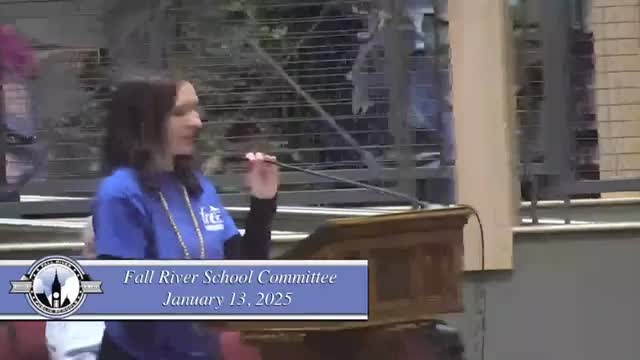Article not found
This article is no longer available. But don't worry—we've gathered other articles that discuss the same topic.
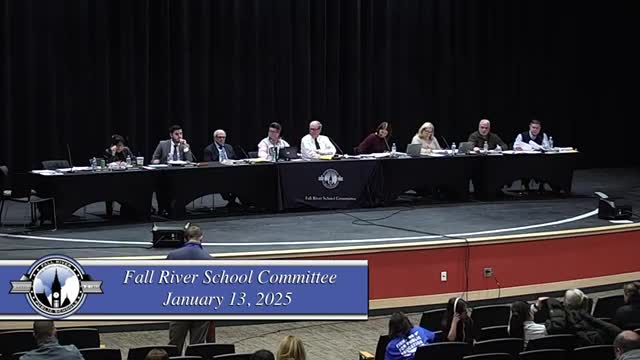
Votes at a glance — Far West School Committee, Jan. 13, 2025
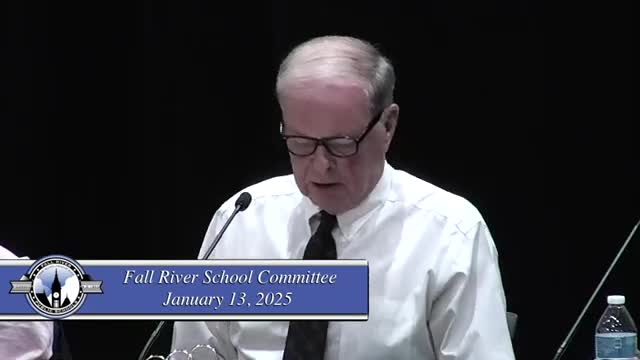
Committee approves remediation contracts for Spencer Borden and Green schools; district reports insurance deductible not met
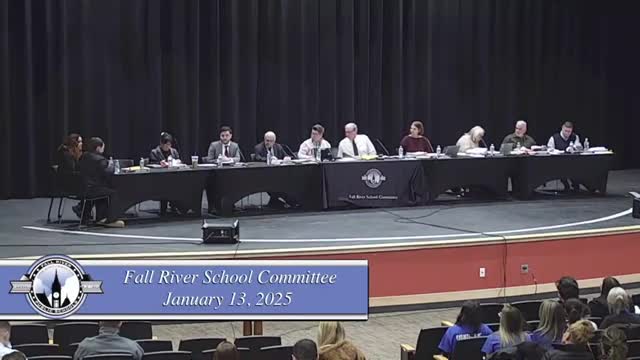
Superintendent says RPA culinary kitchen equipment due Feb. 1; limited elements already usable
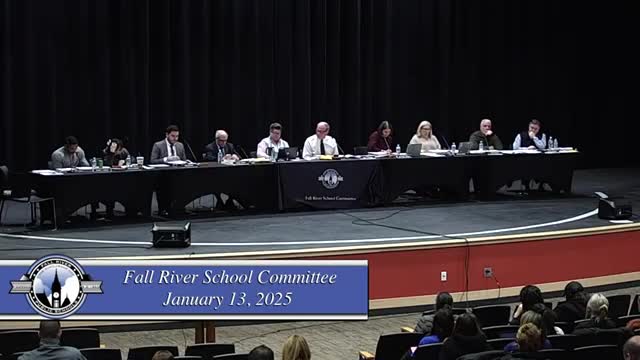
Committee adds Naloxone (Narcan) and CPR training to health course for 11th–12th graders
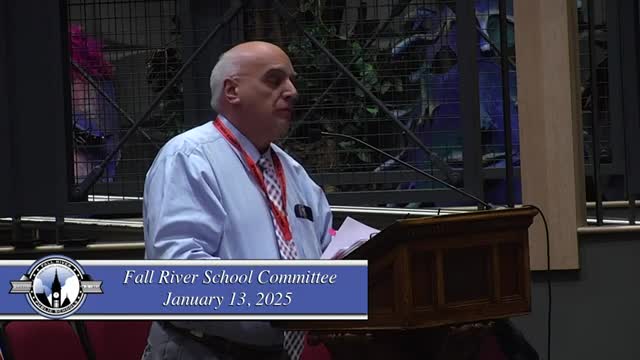
Committee approves pilot virtual pathway at Robert L. Maderas Resiliency Preparatory Academy
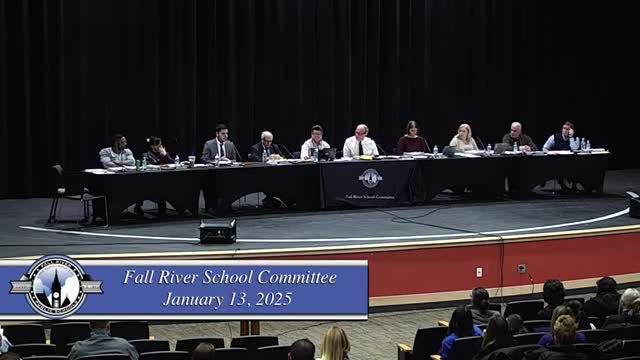
School committee member says mayor’s office delivery and phone calls felt like ‘intimidation’; police report finds no FRPD dispatch
